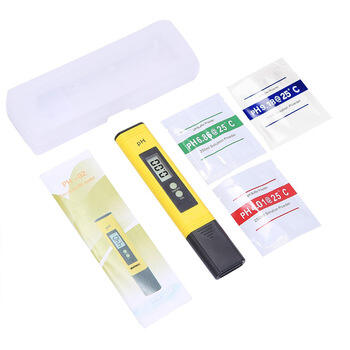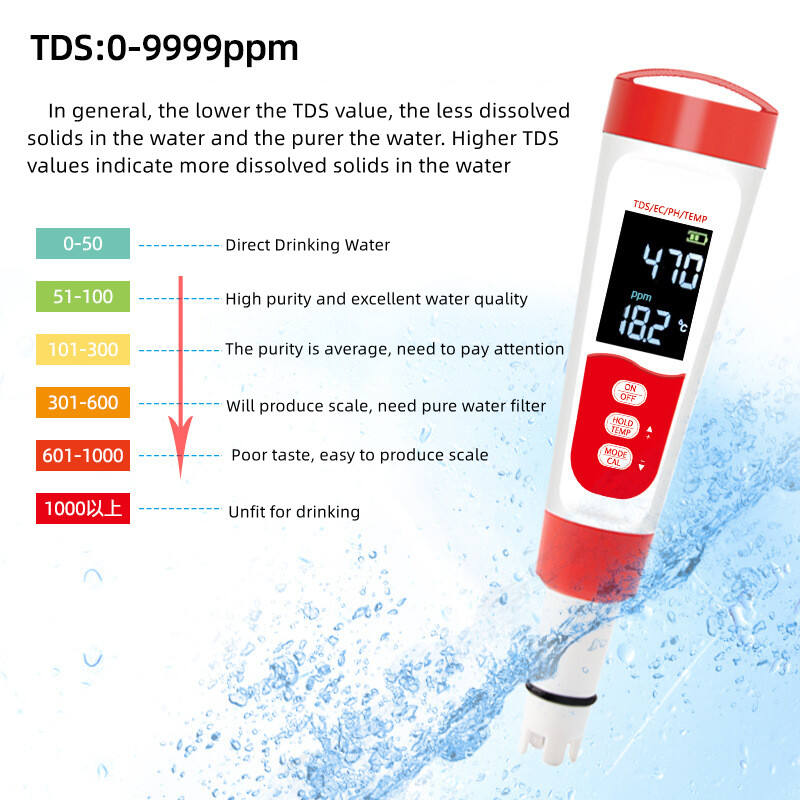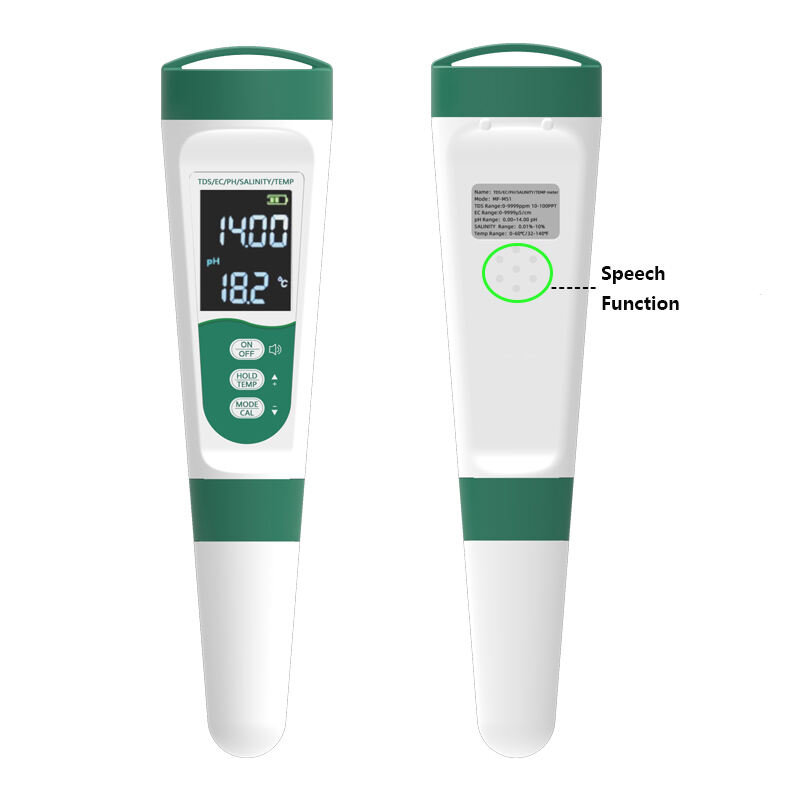elektronisches Salinitätsmessgerät
Ein elektronisches Salinitätsmessgerät ist ein hochentwickltes Meßgerät, das dazu gedacht ist, die Salzkonzentration in verschiedenen Flüssigkeiten genau zu bestimmen. Dieses Präzisionsinstrument nutzt fortschrittliche Leitfähigkeits Sensoren, um die elektrische Leitfähigkeit von Lösungen zu messen, was direkt mit ihren Salinitätswerten korreliert. Moderne elektronische Salinitätsmesser verfügen über digitale Anzeigen, die sofortige Messwerte liefern und sie somit zu unerlässlichen Werkzeugen in verschiedenen Branchen machen. Das Gerät enthält typischerweise Temperaturenkompensationsfunktionen, die eine genaue Messung unabhängig von den Umgebungsbedingungen sicherstellen. Diese Geräte werden aus haltbaren Materialien hergestellt, um einer regelmäßigen Belastung durch verschiedene Lösungen standzuhalten, während sie die Kalibrierungsgenauigkeit aufrechterhalten. Sie sind oft mit Datenaufzeichnungsfunktionen ausgestattet, die es Benutzern ermöglichen, Messungen im Laufe der Zeit zu verfolgen und aufzuzeichnen. Die dahinterstehende Technologie hat sich entwickelt, um Funktionen wie automatische Kalibrierung, mehrere Messskalen und wasserdichte Gehäuse einzuschließen. Anwendungen reichen von der Aquakultur und Landwirtschaft bis zur Lebensmittelverarbeitung und wissenschaftlichen Forschung. Die Messegeräte sind besonders wertvoll in der Meeresbiologie, wo präzise Salinitätsmessungen für die Aufrechterhaltung aquatischer Ökosysteme entscheidend sind. Sie spielen auch wichtige Rollen in industriellen Prozessen, in denen die Salzkonzentration sorgfältig überwacht und kontrolliert werden muss.


